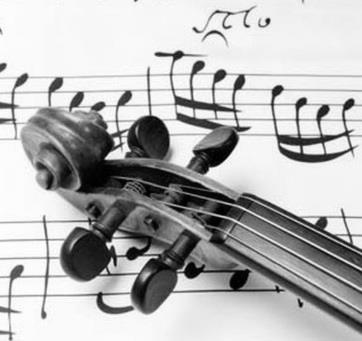
4 minute read
The challenge of the Upper School
Opportunity and Choice
The Upper School experience at Oakham should be fun, challenging and exciting. Learning and living will be very different to how it has been in the Middle School and you therefore need to choose the direction of your academic programme and develop a capacity for self-motivated study. You will have many opportunities for individual development, but with these come the need to take an increasing personal responsibility for your own progress and achievements. We do understand that this booklet is full of words and not many pictures – but taking a little bit of time to read and consider will help you make the best possible choices.
To provide you with the best possible options, the Upper School academic curriculum offers the International Baccalaureate as well as A-levels. You are free to choose either to take A-levels, or study for the IB Diploma. We also offer BTEC and Pre-U qualifications, which can be chosen alongside A-levels.
The decision to choose between the IB Diploma and the A-level programme will be individual and personal. Both are accepted as university entrance qualifications. You will be offered advice and guidance during the course of this year which will allow you to choose the best route for you, taking into account your ability, your higher education and career plans, as well as your personal preferences.
1. The IB Diploma Programme (IBDP)
In the IB DP, you study a wide range of subjects, but may specialise through your choice of Higher Levels, which go into subject depth like an A-level would. All external examinations take place at the end of the two-year course in May, but each subject has considerable coursework elements, such as essays and oral exams and therefore offers a wide range of different types of assessment. For more information, please read p.46.
All students study six subjects, three at Higher Level and three at Standard Level, plus a course in Theory of Knowledge. Students also conduct some academic research for their Extended Essay. Creativity, Activity and Service contribute as part of the core to the holistic learning experience.
Oakham School has been teaching the Diploma Programme since 2001 and has a wealth of experience in delivering the courses. Many of our staff are IB workshop leaders, examiners or develop curriculum for the IB. We have one of the largest IB DP cohorts in the UK with most of our IB students being British nationals. Our results are far above the global average and have been above 36 points for over the past five years.
2. A-level, Pre-U, BTEC
The reforms instigated by former Education Secretary Michael Gove include, amongst other adjustments, a change to the structure of A-level qualifications. These replace the old AS/A2 regime with terminally examined A-levels. There has also been significant change in assessment at A-level.
AS-levels are now ‘standalone’ qualifications, having been decoupled from A-levels. This means that any AS examination taken under the new arrangements will not contribute to the overall A-level grade. In the reformed A-levels, the School is only offering the full, two-year courses: it will not be possible to sit the AS examination at the end of Form 6.
Music is offered as a ‘Pre-U’; this is a two-year, A-level equivalent qualification.
We also offer two BTEC courses, in Business and in Sport and Exercise Science. These are also ‘Level 3’ A-level equivalent qualifications, with the Sport and Exercise Science course being worth two A-levels. The course content and assessment differ from their A-level equivalent: they have a modular approach rather than big final examinations in June of Form 7. This may make them more suitable for some students, and the bigger Sport qualification provides a very strong foundation for those wishing to pursue a university pathway in sport after leaving Oakham.
Although three A-level subjects is the minimum, we strongly recommend that most or all students should start off studying four A-levels or equivalent. This gives greater breadth and, consequently, more opportunity to develop the qualities prescribed by employers and universities. In addition, many of the courses available in the Upper School will either be completely new to students, or will manifest in a way that is very different from the GCSE equivalent, and the option to drop to three would be helpful and, obviously, would not be possible if only three were selected from the outset. The breadth afforded by four subjects would also be of benefit to students with high academic ambitions. Students starting with four A-levels or, exceptionally, five, who wish to drop one or more subjects will have the opportunity to apply to do so at a number of points in the Upper School.
The A-level programme has no formal requirement for ‘Creativity Activity and Service’; however A-level students need to ensure that they too make the most of their time outside the classroom or laboratory and we expect all students to engage regularly in our co-curricular programmes.









